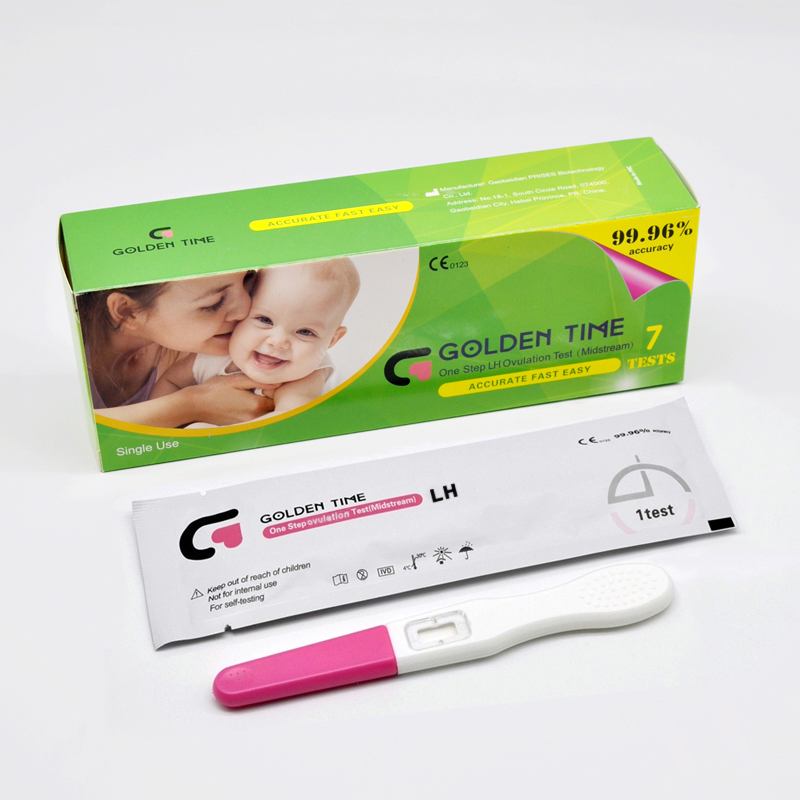Oct . 12, 2024 23:33 Back to list
Find Reliable Suppliers for RDT Malaria Test Kits
Understanding the Importance of Reliable RDT Suppliers for Malaria Detection
Malaria remains one of the most significant public health challenges worldwide, particularly in tropical and subtropical regions. Despite advances in malaria control and elimination efforts, the disease continues to affect millions of people, leading to significant morbidity and mortality. One critical component in tackling malaria is the ability to diagnose the disease quickly and accurately. Rapid diagnostic tests (RDTs) have emerged as a frontline tool in this effort, enabling healthcare providers to diagnose malaria early and initiate treatment promptly. However, the effectiveness of RDTs depends heavily on the choice of suppliers and the quality of the tests provided.
The Role of RDTs in Malaria Diagnosis
Rapid diagnostic tests have revolutionized malaria diagnosis in areas where laboratory facilities are limited. Unlike traditional microscopy, RDTs can deliver results within 15-30 minutes directly at the point of care. These tests detect specific antigens produced by malaria parasites, allowing for a quick decision on treatment. This immediacy is crucial in remote areas where malaria is prevalent but healthcare infrastructure is weak. With rapid access to diagnosis, patients can start antimalarial treatment sooner, which is essential for reducing the disease's complications and spread.
The Need for Quality Suppliers
While RDTs are a vital tool in the fight against malaria, not all RDTs are created equal. The reliability of these tests hinges on their quality, which can vary significantly between manufacturers. This variability can lead to false positives or negatives, undermining patient trust and potentially jeopardizing public health efforts. Consequently, selecting reliable RDT suppliers is paramount. Buyers must ensure that the suppliers adhere to rigorous quality standards and that their products are validated and approved by relevant health authorities, such as the World Health Organization (WHO).
Key Considerations When Choosing RDT Suppliers
1. Quality Assurance It is crucial to select suppliers that have undergone stringent quality control processes and have their RDTs assessed by recognized regulatory bodies. Testing for sensitivity and specificity should meet international standards to ensure reliable performance.
2. Supplier Reputation Investigating a supplier’s background and reputation in the market can provide insights into their reliability. Suppliers known for quality products and good customer service tend to have a long-standing presence in the health sector.
buy rdt malaria suppliers

3. Technical Support Reliable suppliers often provide technical support, training, and resources for healthcare workers. This support is essential, especially in remote areas where personnel may not have extensive training in using RDTs.
4. Supply Chain Efficiency Timely delivery of products is essential to maintain consistent access to RDTs. Suppliers with robust logistics and supply chain management practices can prevent stockouts that could delay diagnosis and treatment.
5. Cost-Effectiveness While price is an important consideration, it should not compromise quality. It’s crucial to strike a balance between affordability and the reliability of the RDTs.
Supporting Local Suppliers
In addition to seeking international suppliers, there is a growing emphasis on supporting local manufacturers of RDTs. Local companies can often provide culturally relevant support and may better understand the specific challenges faced in local healthcare settings. Encouraging local production of high-quality RDTs can enhance supply chain resilience and contribute to economic development in endemic regions.
The Future of Malaria RDTs
Looking ahead, the continued innovation in RDT technology holds promise. Advances in molecular diagnostics, such as loop-mediated isothermal amplification (LAMP) and next-generation sequencing, may enhance the sensitivity and specificity of malaria diagnosis. As these technologies become more accessible and affordable, they could complement existing RDTs, further improving malaria management.
Conclusion
Choosing the right RDT suppliers for malaria diagnosis is a critical component in the global fight against malaria. By emphasizing quality, supporting local manufacturers, and advocating for innovation in diagnostics, the healthcare community can enhance the efficacy of malaria interventions. With timely and accurate diagnosis through high-quality RDTs, we can take significant steps toward reducing the burden of malaria and, ultimately, moving closer to elimination.
-
Reliable Early Pregnancy Test Kit Supplier - Multi Plastic Cassette Options
NewsJul.30,2025
-
Transferrin Rapid Test Cassette – Reliable Tumor Marker Detection
NewsJul.29,2025
-
Accurate Follicle Stimulating Hormone Test Kit | Rapid Reliable Results
NewsJul.29,2025
-
High Accuracy LH Ovulation Test Kit - Digital Results & Wholesale Options
NewsJul.29,2025
-
HbsAg Blood Rapid Test Kit for Fast & Accurate Hepatitis B Detection
NewsJul.28,2025
-
Sterile Urine Cup for Safe & Easy Collection | High-Quality Specimen Cups
NewsJul.28,2025

